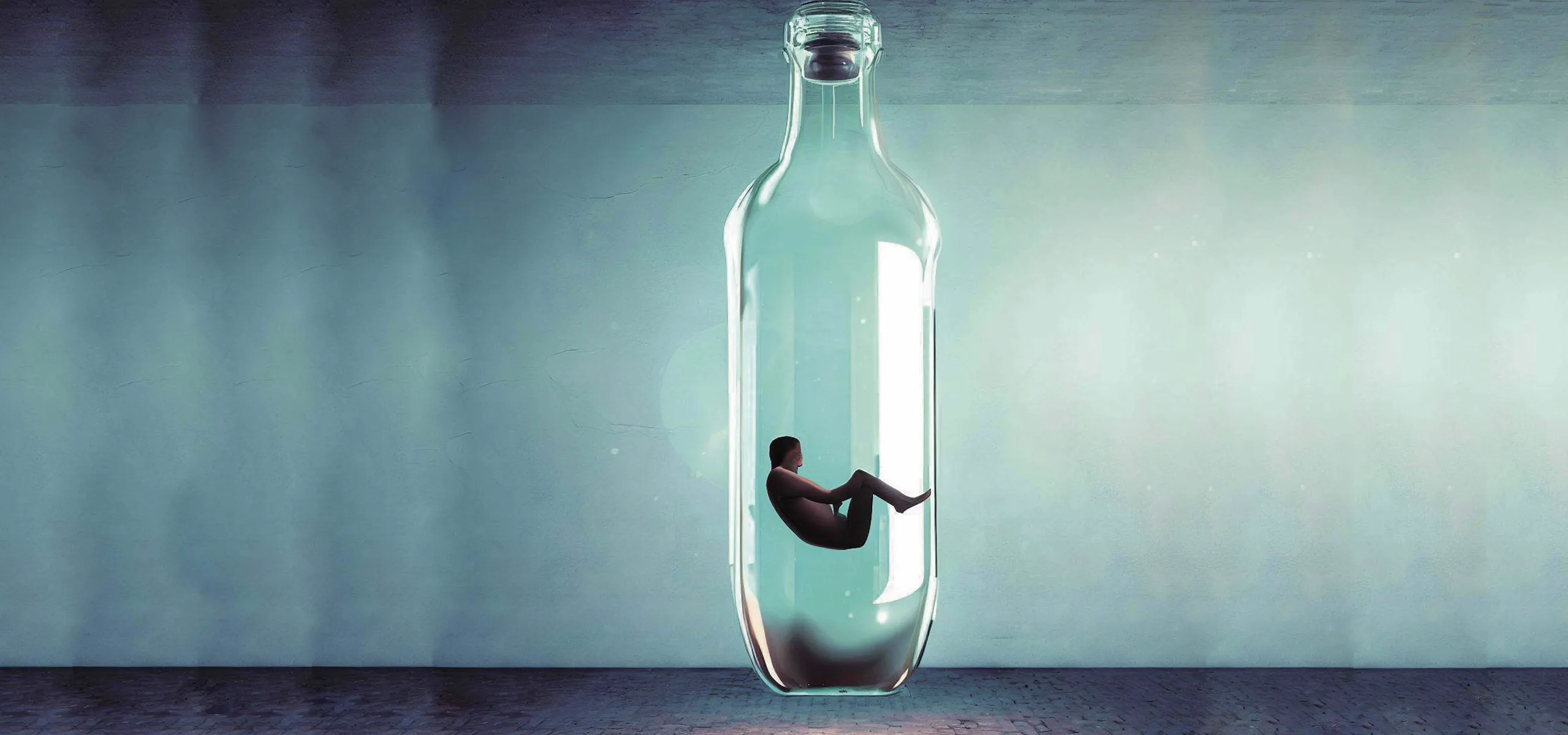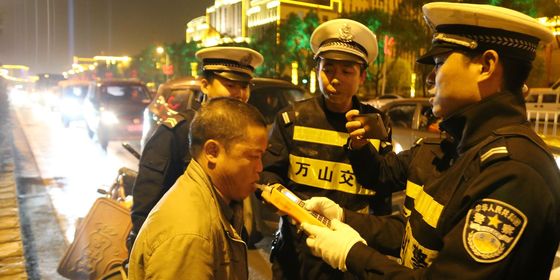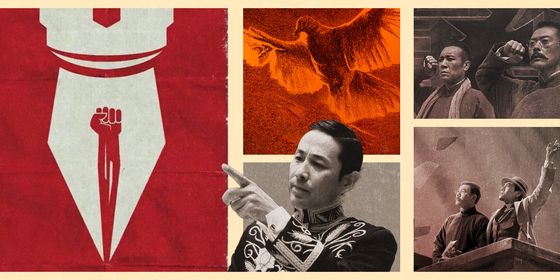At an Alcoholics Anonymous meeting in Beijing, our reporter delves deep into the daily struggles of Chinese alcoholics and the unique cultural pressures leading them to drink
In the myriad of factions that make up the growing melting pot that is Beijing, there is a special group of people who see life through a different lens. Some of them work in business; others are teachers, bankers, managers, mothers, fathers or students. Their Beijing website is a shoddily-managed monochromatic page stamped with the symbolic logo of a triangle inside a square: recovery, unity and service. They are, to each other, both a source of protection as well a reminder of what they struggle against daily.
For members of Alcoholics Anonymous in Beijing, and their counterparts around the country, managing daily life is more than just a struggle against addiction. It is a clash of two different cultures: one that generally recognizes alcoholism as a disease and another that is composed of thousands of years of traditions involving ritual consumption, symbolic meaning and production.
There is somewhat of a clash of ideals in trying to portray the stories and frustrations of AA members here in Beijing: as an organization that values secrecy, AA members in Beijing are understandably nervous about having a journalist on site—especially one with a camera. Sharing their personal troubles, turmoil and pain is a difficult task, made even harder when the veil of privacy that protects their livelihoods is threatened by a strange reporter. At the request of these individuals, all names have been altered to protect their anonymity. What remains are stories of those struggling to stay sober in a country that has an incredibly deep and long-running history of alcohol.













